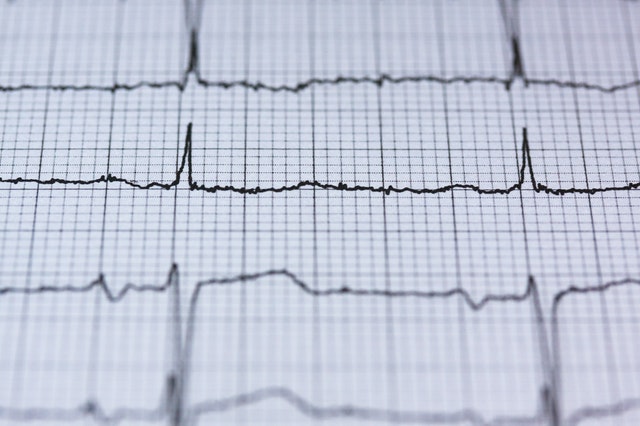Human body requires many different vitamins and minerals that are crucial for both development and preventing disease. These vitamins are not produced naturally in the body, so you have to get them from your diet. Due to increase in stress levels, lifestyle related illnesses are on rise which also results in vitamin and mineral deficiencies. Among all, vitamin B12 and D3 deficiency is becoming more prevalent.
Vitamin D

Vitamin D, also known as “sunshine vitamin”, is a fat soluble compound which acts like hormone. The two major forms are vitamin D2 and vitamin D3. Vitamin D3 is produced by the exposure to sunlight, specifically ultraviolet B radiation. Vitamin D3 plays a wide role in overall health however, worldwide, an estimated 1 billion people have inadequate levels of vitamin D in their blood, and deficiencies can be found in all ethnicities and age groups. A simple course of Vitamin D3 could help you live longer. Vitamin D3 is critical for bone health. It helps in regulating the formation of bone and absorption of calcium and phosphorus. Symptoms of a vitamin D deficiency can be vague — fatigue and muscle aches or weakness. If it goes on long term, a vitamin D deficiency can lead to softening of the bones.
Calcium

Calcium is important for maintaining strong bones and controlling muscle and nerve function. Signs of severely low calcium include fatigue, muscle cramps, abnormal heart rhythms, and a poor appetite, Patton says. Make sure you’re getting enough with at least three servings of milk or yogurt a day, she says. Other good sources of calcium are cheese, calcium-fortified orange juice, and dark, leafy greens.
Potassium
Potassium helps the kidneys, heart, and other organs work properly. You could become low in potassium in the short term because of diarrhea or vomiting, excessive sweating, or antibiotics, or because of chronic conditions such as eating disorders and kidney disease. Symptoms of a deficiency include weight loss, muscle weakness, constipation, and in severe cases, an abnormal heart rhythm.
Iron

Iron is a trace element. It is very important because it helps your body to make hemoglobin. Hemoglobin is composed of heme + globin, where globin is protein, & hence it is necessary to have sufficient proteins in diet. Low protein diet may also cause Anaemia. Iron helps your body make red blood cells. Iron carries oxygen and removing carbon dioxide from muscles, helping them function properly. The body needs iron in order to make proper use of the B vitamins.
Vitamin B12

Vitamin B12 is a member of the vitamin B complex. It can be stored in small amounts in liver, kidney & other body tissues. Vitamin B12 aids the production of DNA and helps make neurotransmitters in the brain. All the vegetarian sources are devoid of B12. With an increasing number of vegans and people who’ve had weight loss surgery, vitamin B12 deficiency is becoming more common.Symptoms of severe B12 deficiency include numbness in the legs, hands, or feet; problems with walking and balance; anemia; fatigue; weakness; a swollen, inflamed tongue; memory loss; paranoia; and hallucinations.
Folate

Folate, or folic acid, is a particularly important vitamin for women of childbearing age, which is why prenatal vitamins contain such a hefty dose. A folate deficiency can cause a decrease in the total number of cells and large red blood cells as well as neural tube defects in an unborn child.
Magnesium

Magnesium helps support bone health and assists in energy production. Although deficiency is fairly uncommon in otherwise healthy people, it can affect those who take certain medications, have certain health conditions, or consume too much alcohol, according to the National Institutes of Health’s Office of Dietary Supplements.
Magnesium deficiency can cause loss of appetite, nausea and vomiting, fatigue, and weakness. In more severe cases, it can lead to numbness, muscle cramps, seizures, abnormal heart rhythms, personality changes, or low potassium or calcium levels.




